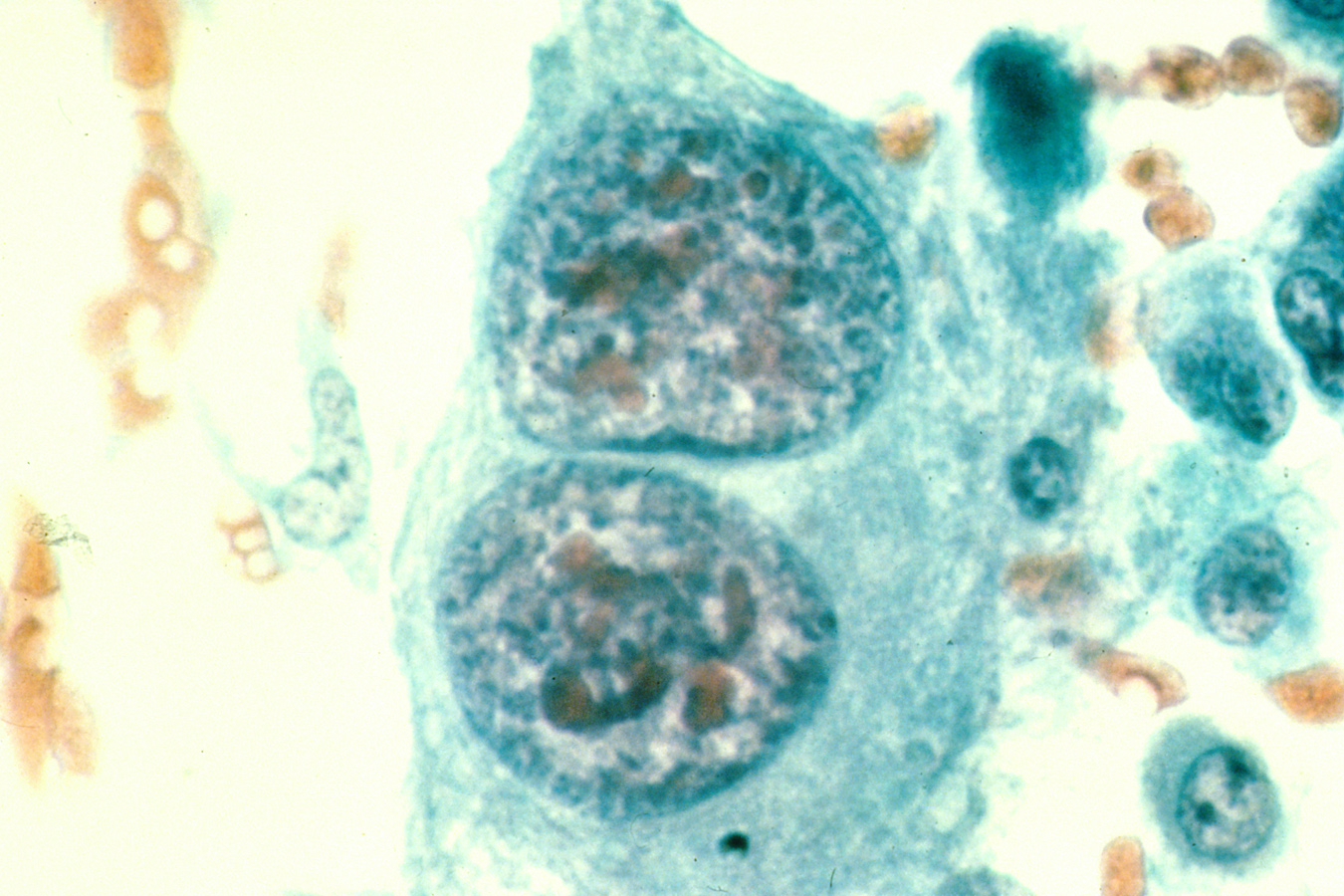
The list of FDA approved antibody drug conjugates (ADC) is growing, and more drugs of this type are on the way in the pipelines of several companies. On Thursday, two more biotech startups joined the mix, unveiling a combined $112 million to advance their respective programs.
Of the two companies, Copenhagen, Denmark-based Adcendo had the bigger investment, closing a €51 million (about $62 million) Series A round of financing. Adcentrx, which splits its operations between Shanghai and San Diego, raised $50 million in its Series A round.
ADCs are comprised of a targeting antibody linked to a powerful, cancer-killing compound. These drugs are intended to deliver to cancer cells a targeted strike that spares healthy tissue. Adcendo’s approach is reflected in its name. The company is developing ADCs that target endocytic receptors, which play a role in the process by which substances are brought into a cell. The company’s first target is urokinase plasminogen activator receptor-associated protein, or uPARAP. This protein is overexpressed on the cell surface of several types of cancers, and by targeting it, the company aims to use it as a “drug internalization pump” that essentially brings the drug into the cancer cell.
Adcendo said its approach could enable its drugs to better direct the drug delivery of its payload to cancer cells, ensuring that healthy tissue do not take up the toxic compound. The uPARAP protein has been found on soft-tissue sarcoma, osteosarcoma, glioblastoma multiforme, triple-negative breast cancers, and certain forms of leukemia. Adcendo claims to be the first company to demonstrate targeted drug delivery to uPARAP.
Adcendo was founded in 2017 by Niels Behrendt, Lars Henning Engelholm, and Christoffer Nielsen from The Finsen Laboratory of Rigshospitalet and the University of Copenhagen, and Henrik Stage, a biotech entrepreneur who was previously an executive at Santaris Pharma, which Roche acquired in 2014. The startup spun out of the university and initially operated within BioInnovation Institute, an incubator formed by the Novo Nordisk Foundation.
Novo Seeds, an early-stage investment firm created by Novo Holdings and Ysios Capital, led Adcendo’s Series A financing. Other investors in the round include RA Capital Management, HealthCap and Gilde Healthcare. In a prepared statement, John Haurum, chairman of Adcendo’s board, said that the new cash enables the startup to bring its first program to proof-of-concept human testing. In addition to the uPARAP program, Adcendo is building a pipeline of more ADC therapies.
Adcentrx is led by founder and CEO Hui Li, the former chief executive of Levena Biopharma, the ADC subsidiary of Sorrento Therapeutics. The startup provided no information about its programs, and though the company touts its ADCs as “next generation,” the company did not say what its drugs are targeting or how they would be different than ADCs currently available or in development.
Besides the protein targeted by the antibody, ways that ADC developers have distinguished their therapeutic candidates include the toxic payload carried by these drugs or the chemical linkers used to conjugate that payload to the antibody. The type of linker used affects how the payload is deployed once the drug reaches cancer cells.
Adcentrx did not respond to an email query. In a prepared statement. Li said the financing gives the company the ability to advance multiple discovery and development programs. The company’s financing was led by CBC Group. Zoo Capital, the venture arm of Boyu Capital, also participated.
A total of 10 ADCs have passed FDA muster, all of them for cancer. These approved therapies include products from Seagen, Pfizer, Roche, AstraZeneca, and GlaxoSmithKline. The newest ADC comes from ADC Therapeutics, which last week won FDA approval for loncastuximab tesirine (Zynlonta), a therapy for diffuse large B-cell lymphoma.
Public domain image by the National Cancer Institute










